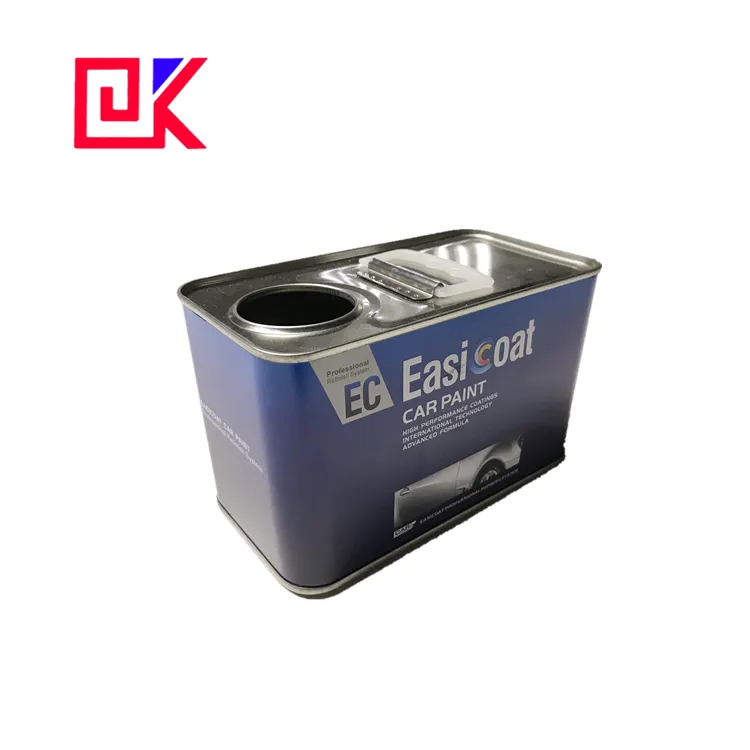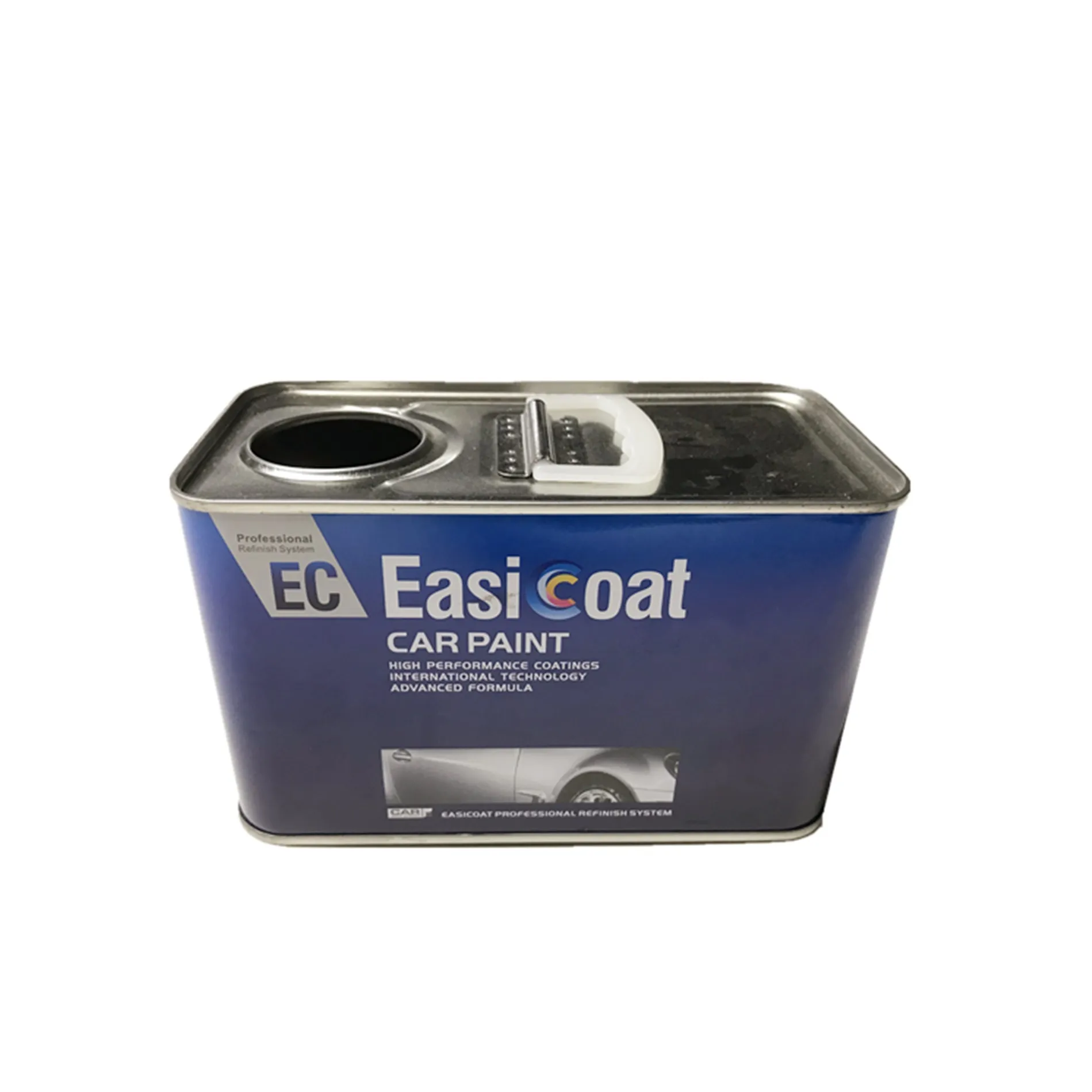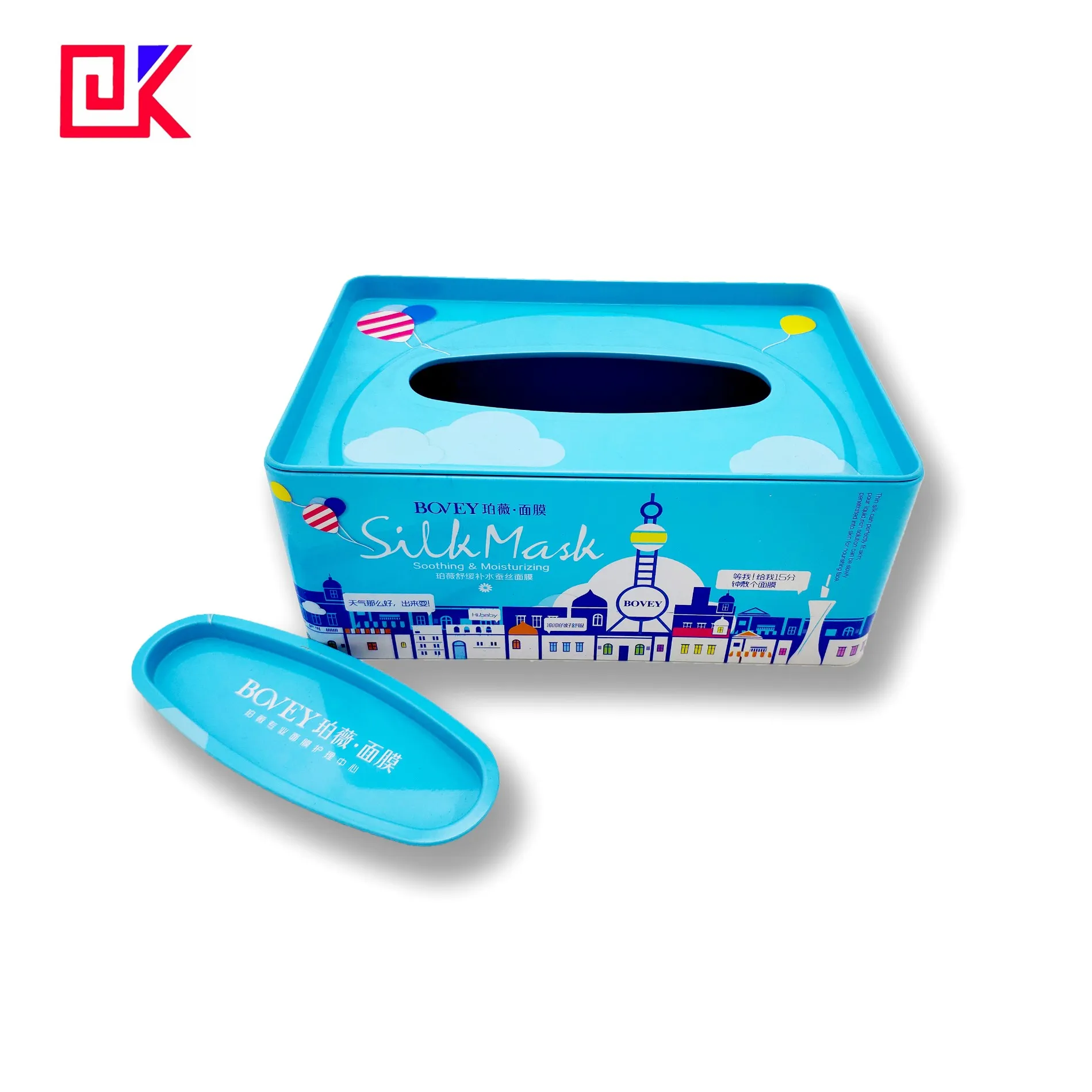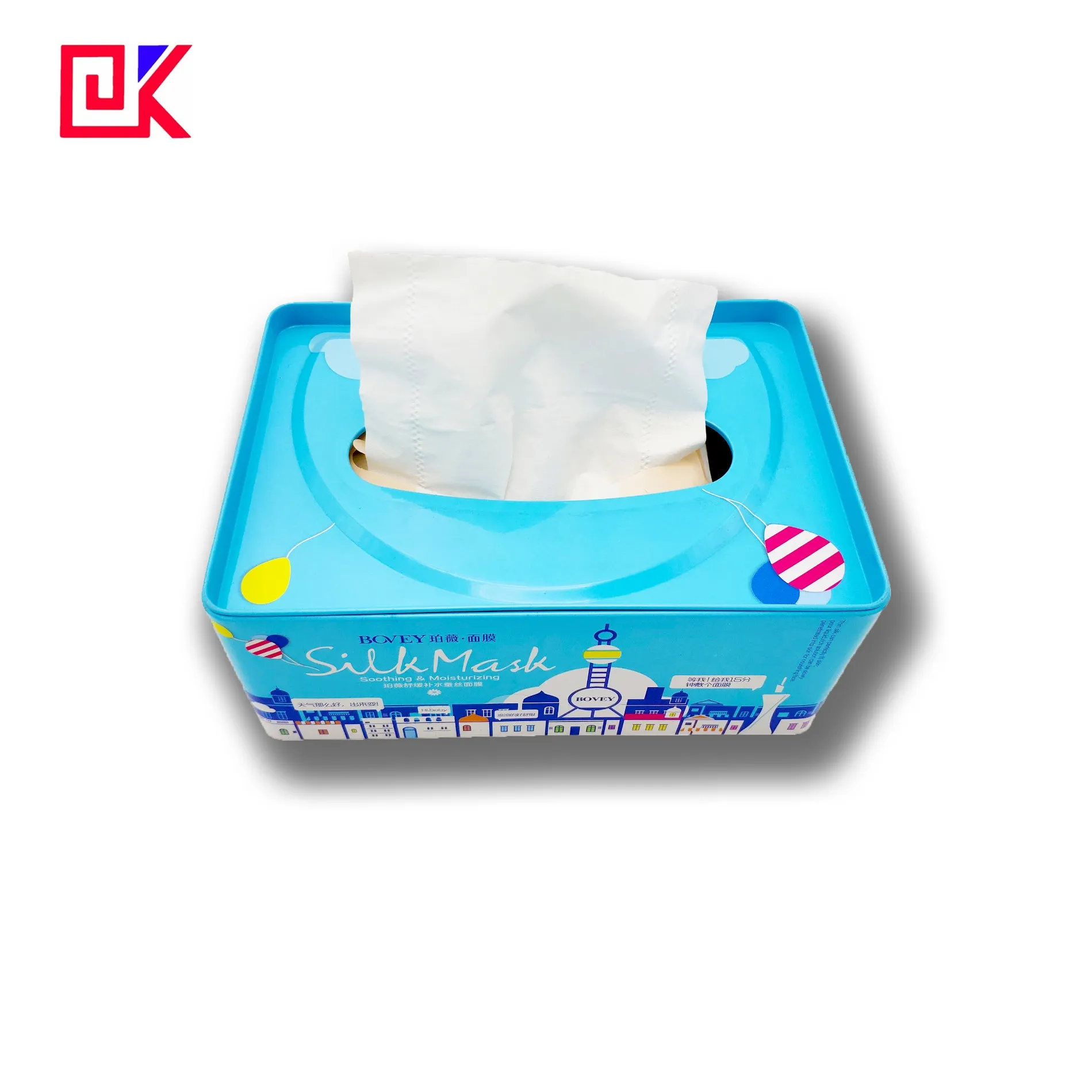In recent years, tinplate packaging cans have become a popular choice in the market, highly regarded for their sturdiness and durability. However, tinplate packaging isn't suitable for all items. Different items have different storage requirements, so the choice of packaging material requires careful consideration.
This article will provide an in-depth analysis of the suitability of tinplate packaging cans and answer consumer questions about what they are and aren't suitable for. This will help consumers and manufacturers better utilize the advantages of tinplate and provide safe and appropriate packaging solutions.

What are tinplate packaging cans suitable for?
1. Are tinplate cans suitable for food packaging?
Tinplate has a long history of widespread use in food packaging. Tinplate packaging cans' sturdy structure and excellent sealing properties make them particularly suitable for foods that require airtight storage, such as biscuits, candy, tea, coffee, milk powder, and other dry goods. Their barrier properties effectively prevent the intrusion of air and moisture, ensuring food remains dry and fresh, extending its shelf life.
Furthermore, because tinplate cans block light and prevent oxidation, they are also ideal for packaging many condiments, such as pepper and ground coffee, that need to be stored away from light.
2. Can tinplate be used to package beverages and liquid foods?
Tinplate packaging cans are widely used for beverages and liquid foods, especially for products that require a good seal, such as carbonated beverages and beer. Tinplate cans can withstand the internal carbon dioxide pressure, preventing gas leakage and preserving the beverage's flavor for a long time.
Many brands also use tinplate cans for packaging liquid foods, such as cooking oil and soy sauce. Tinplate cans are specially coated to prevent corrosion caused by direct contact between the metal and the contents, ensuring food safety and quality.
3. Can tinplate be used for packaging health products and pharmaceuticals?
Health products and pharmaceuticals require extremely high levels of packaging safety and sealing. Tinplate packaging cans, due to their strong barrier properties and corrosion resistance, are an ideal choice for many health products and pharmaceuticals. Common tinplate-packaged pharmaceuticals include certain tablets, powders, and pills. These products are often lined to prevent direct contact with metal surfaces, which could deteriorate their quality.
In addition, some specialized health supplements, such as fish oil softgels, can also be packaged in tinplate cans to protect them from air and moisture, extending their shelf life.
4. Is tinplate suitable for packaging cosmetics and their derivatives?
In the cosmetics industry, tinplate cans are widely used for packaging products such as creams, ointments, and candles. Because some cosmetic ingredients are sensitive to light and air, the excellent sealing and light-blocking properties of tinplate are particularly important. Furthermore, tinplate packaging is durable and aesthetically pleasing, meeting the aesthetic needs of cosmetic packaging and making it popular among consumers.

Why are tinplate cans unsuitable for packaging certain items?
1. Can tinplate be used for acidic or high-salt foods?
Tinplate cans are not suitable for packaging certain highly acidic or high-salt foods, such as ketchup, fruit vinegar, and preserved foods. This is because acidity and high salinity accelerate the corrosion process of metals. This can damage the tinplate's protective coating, dissolving the metal and potentially affecting food safety, especially during prolonged storage.
In some special cases, manufacturers may use plastic coatings or other linings inside tinplate cans to temporarily accommodate acidic foods, but caution is still required for long-term storage.
2. Is tinplate suitable for packaging highly alkaline items?
Highly alkaline substances corrode metals more significantly than acids. In strong alkaline environments, the tin coating on the tinplate surface can be damaged, exposing the base material and accelerating corrosion. Therefore, tinplate cans are not suitable for storing highly alkaline items. These include certain industrial chemicals or chemical solutions, which not only affect the durability of the metal can but also pose safety risks.
3. Can tinplate be used to store items at high temperatures?
Tinplate is not suitable for long-term storage or baking at high temperatures, as high temperatures can soften or even melt the tin layer, compromising its protective properties. Therefore, for special applications requiring high-temperature sterilization or storage, such as liquid pharmaceuticals and laboratory chemical reagents requiring high-temperature sterilization, it is recommended to choose other containers suitable for high-temperature environments rather than tinplate cans.

Which items are suitable for tinplate packaging but require special handling?
1. Why do liquid oils need a protective lining?
Edible oils typically require additional lining when packaged in tinplate packaging cans. This is because long-term contact with oils can cause metal dissolution, especially under oxidation. Therefore, when tinplate cans are used to store edible oil, manufacturers will apply a special food-grade lining to the inside of the can to ensure isolation of the metal from the oil, extend the shelf life of the oil, and prevent the possibility of metal residue.
2. Do snacks such as candy and biscuits require moisture-proofing?
Although tinplate packaging cans offer excellent sealing properties, moisture-sensitive snacks such as candy and biscuits require special attention to humidity control within the can. When storing these foods, some manufacturers include desiccants to ensure a dry environment. Desiccant can effectively absorb small amounts of moisture, further protecting food from changes in humidity and preventing softening or spoilage.
How can I determine if tinplate packaging cans are suitable for specific items?
1. Does suitability depend on the composition of the item?
The key to determining the appropriate packaging material for an item lies in the composition of the item. For items containing acidic or alkaline ingredients, careful selection of packaging materials is required to avoid metal corrosion. Especially for food and cosmetics, the long-term stability of the ingredients must be considered when packaging. Generally speaking, dry solid items such as powders and granular foods, as well as liquids with a certain neutrality, are more suitable for tinplate packaging, while strong acids and alkalines are better suited to other non-metallic containers.
2. Is there a lining that meets safety standards?
The lining is particularly important for sensitive foods. Currently, many food-grade tinplate packaging cans are coated with polyethylene or epoxy resin to prevent metal components from coming into contact with the contents. The lining must comply with relevant food packaging standards to ensure packaging safety. Consumers purchasing this type of packaging can check the product label to understand the packaging's material composition and ensure it meets safety and sanitation standards.
3. Are specific storage conditions required?
Even if the item is suitable for tinplate packaging cans, storage conditions should still be taken into consideration. For example, tinplate food cans should be stored in a dry, cool environment, away from direct sunlight to prevent changes in the metal's physical properties. In some high-humidity environments, even if the packaging cans are moisture-proof, consumers are advised to avoid long-term storage to avoid affecting the quality of the packaged items.

How does Dekai ensure the quality of its tinplate printing and packaging products?
We utilize advanced production equipment such as FUJI PRIMEX-P453 four-color UV tinplate printing lines and automated quality control systems. Our commitment to high-end production technology ensures every printed tinplate and aerosol can meet your exact standards.
Whether you're a brand looking for bulk supply or a distributor sourcing China factory pricing, we offer affordable and high-quality products with fast lead times.

